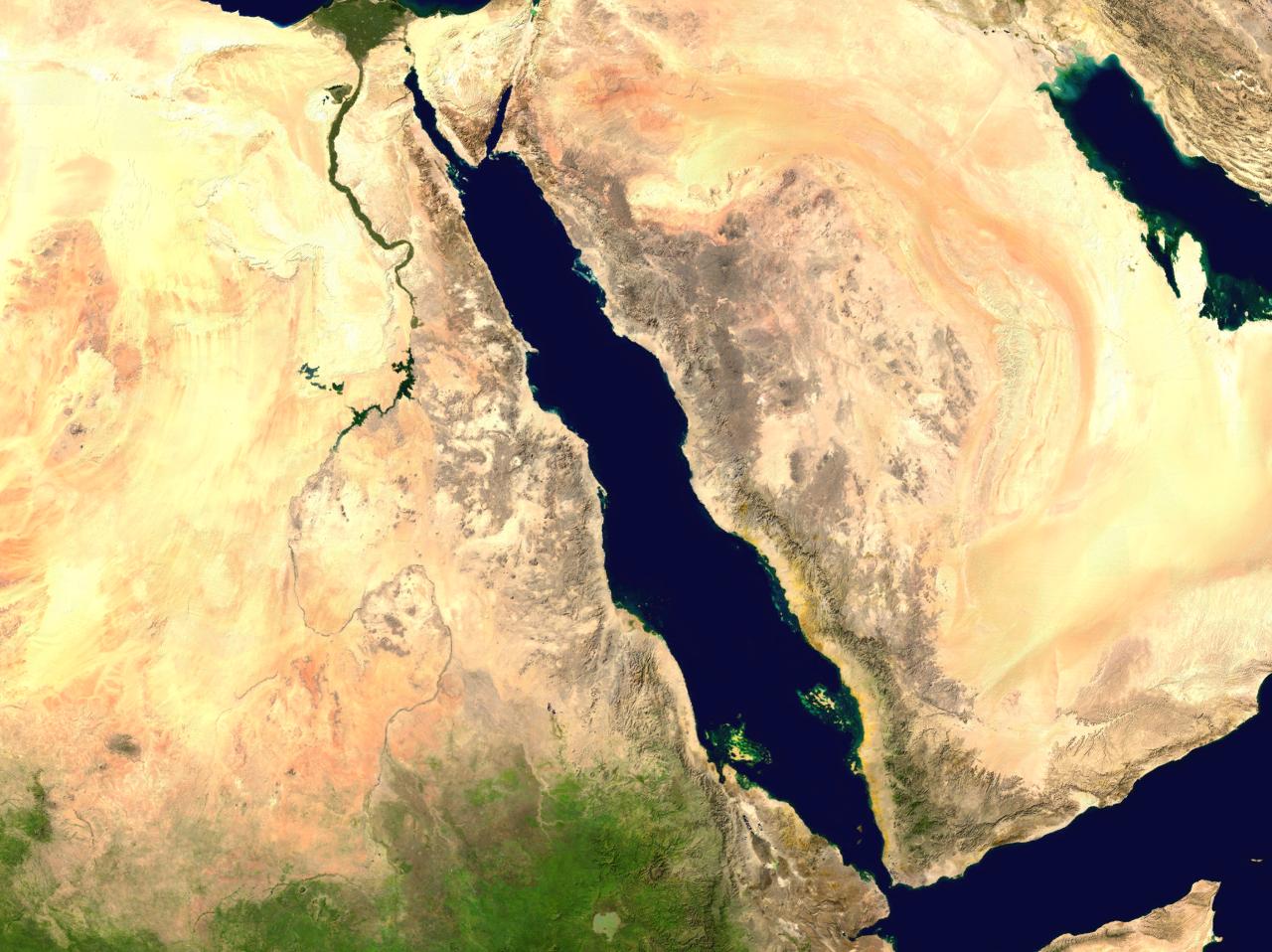Our resources thrust participants into the heart of real-world scenarios, from crisis management in the UK during the Covid-19 pandemic to cross-party education reform in Brazil.
Many of our resources are available on The Case Centre distribution platform. Educators who are registered with the site can access free review copies of our case studies, teaching notes, and other materials.
To inquire about our other cases or background materials, please contact us at casecentre@bsg.ox.ac.uk.
Mining Royalties in Nafasia
Nafasia, a fictional central African country, has vast cobalt deposits, but among the lowest cobalt royalty rates in the world. As global cobalt prices skyrocket, the government seeks to renegotiate the rate with Alloy, the largest mining company operating in the country.
This is a short two-party, single-issue negotiation over setting a mining royalty rate. Students role-play the negotiation as either the representative of the mining company or the government’s minister of mines. Through the simulation, students become familiar with distributive negotiation techniques and learn key elements of negotiation analysis (including BATNA and ZOPA).
- Understand the purpose and nature of distributive negotiations;
- Learn and use core negotiation concepts;
- Identify and use common value-claiming tactics.
Building Schools in Cássio
This role-play centres around a school shortage in the fictional Brazilian municipality of Cássio. The municipality wants to build schools through a public-private partnership, but has come to an impasse over the price with the leading bidder, Plano Inteligente. In this short two-party, multi-issue negotiation, students role-play a negotiation between the municipal secretary of education and the managing director of Plano to introduce them to the dynamics of integrative negotiations.
This is a short two-party, multi-issue negotiation over a public-private partnership to build schools in Brazil. Students role-play a negotiation as either the secretary of education or the managing director of a private company. The role-play introduces students to the core features of integrative negotiations, allowing them to differentiate it conceptually from distributive negotiations.
The role-play also helps students understand the ‘negotiator’s dilemma’ and learn a range of moves that can be used to create value in a negotiation.
- Identify, analyse and participate in integrative negotiations;
- Understand importance of negotiation on the basis of interests instead of positions;
- Distinguish between integrative (value-creating) and distributive (value-claiming) moves.
FSO Safer: negotiating to avoid disaster
Off the coast of Yemen, in the Red Sea, an enormous oil tanker sat rusting in 2022. The Floating Storage and Offloading Unit (FSO) Safer contained 1.1 million barrels of oil. However, due to the ongoing Yemen civil war between Ansar Allah (also known as the Houthis) and the Saudi-backed, internationally recognised government of Yemen, the tanker had not been maintained since 2015. With the rotting hull deteriorating every day, an oil spill from the Safer was widely considered both inevitable and imminent unless prompt action is taken. The consequences of such a spill would be dire: devastating the ecology of the Red Sea region, disrupting global trade by potentially blocking the Suez Canal for months, and greatly exacerbating the ongoing humanitarian crisis in Yemen. Although the disaster seemed relatively easy to prevent from a technical perspective, political barriers had restricted progress for years and talks between Ansar Allah and the UN broke down completely in 2019. This multi-issue, multi-party negotiation simulation for groups of 6-12 players picks up the story in early 2022 when a change of UN leadership, as well as other developments in the region, had opened the door for new negotiations.
- Practice and reflect upon key negotiation moves, skills and potential obstacles in a multi-party, multi-issue complex negotiation;
- Explore and experience themes related to negotiating in a high-stakes, public-sector setting across conflict lines.




